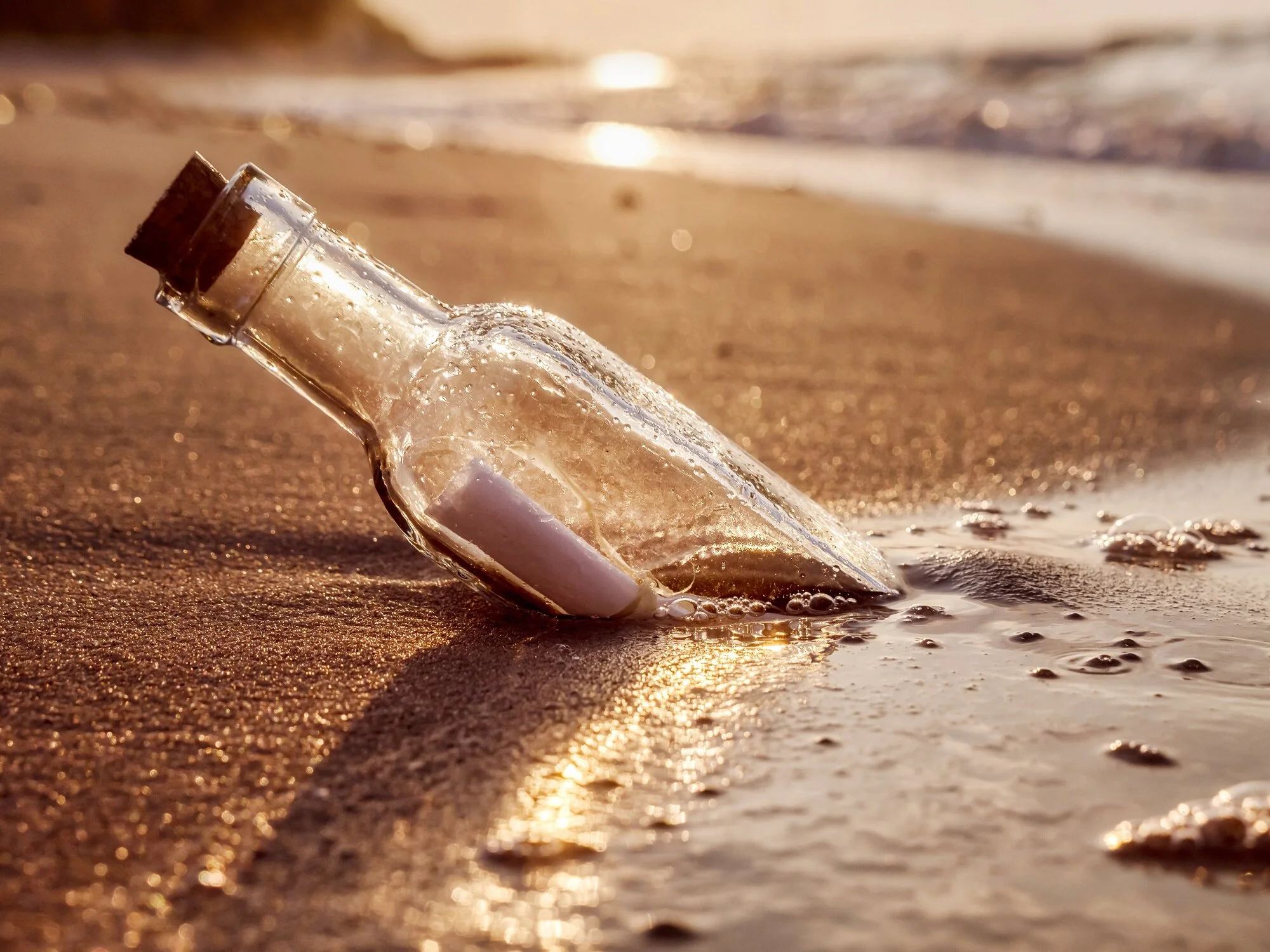Poets write about it, singers sing about it. We've all felt it at some time in our lives. There is even an entire industry that has been created around finding it, expressing it and maintaining it. But what is Love? What is really going on in our minds when we ''fall head over heels?'' Here's the science of it.
What a tiny micrometeorite from the Pilbara can tell us about the ancient sky
The philosophy of chemistry … and what it can tell us about life, the universe and everything
Philosophy asks some fundamental and probing questions of itself. What is it? Why do we do it? What can it achieve? As a starting point, the word “philosophy” comes from the Greek words meaning a love of wisdom. And anyone who does it is trying to make sense of the world around them. In that way, philosophers are a bit like scientists.
How to beat the casino – legally
Explainer: how dangerous is turbulence… and can it bring down a plane?
Vanadium: the ‘beautiful metal’ that stores energy
Do you even lift? Why lifting weights is more important for your health than you think
Regular participation in muscle strengthening activity such as weight or resistance training has many health benefits. However, this mode of exercise has been largely overlooked in Australian health promotion. Our recent research shows a large majority of Australians do not engage in muscle strengthening activity.
Explainer: how do drugs work?
Why ocean scientists hope someone gets your message in a bottle
The world’s oldest message in a bottle recently washed up on the North Sea island of Amrum, in Germany. It was one of 390 such bottles placed in the ocean by scientist George Bidder back in August 1906. During the 110-year voyage, the bottle had travelled just a few hundred miles – hardly a Robinson Crusoe-style call for rescue from a far corner of the globe. But nonetheless Bidder was on to something: such messages were and still are vital for scientists seeking to understand ocean circulation patterns.
Explainer: what is microgravity?
It’s easy to assume that astronauts float in space because they are far away from the Earth’s gravitational force. But look at the moon. It is much further away than the International Space Station, yet it orbits around the Earth because it is perpetually attracted by its gravitational pull. So if the Earth’s gravity can affect the moon, the astronauts cannot be floating because there is no gravity where they are.
Explainer: what dust from the Sahara does to you and the planet
All of humanity should share in the space mining boom
How could we build an invisibility cloak to hide Earth from an alien civilization?
Handle with care – the world’s five deadliest poisons
Is Alpha Centauri the right place to search for life elsewhere?
You really can die of a broken heart – here’s the science
When you think of a broken heart, you probably picture something out of a romantic movie or a cartoon heart, cracked like a fragile piece of china. Indeed, so-called “broken heart syndrome” has a certified place in popular culture, and has been eloquently used in films such as The Notebook. But while we certainly feel “heartbreak” during periods of emotional upheaval, can you actually die of a broken heart?
Kitchen Science: everything you eat is made of chemicals
We are routinely warned by earnest websites, advertisments and well-meaning popular articles about nasty “chemicals” lurking in our homes and kitchens. Many tout the benefits of switching to a “chemical-free lifestyle”. The problem is: the word “chemical” is entirely misused in these contexts. Everything is a chemical
How ancient Aboriginal star maps have shaped Australia’s highway network
How exploring Mars could help us fight climate change on Earth
The surface of Mars is a cold desert. Scars in the landscape point to a history of flowing rivers, standing lakes and possibly even planetary oceans. Yet the current Martian atmosphere has a density that’s around 0.6% of Earth’s, making it far too thin to support liquid water – or life – on the barren surface.
Why lightsabers would be far more lethal than George Lucas envisioned
Research is an unpredictable process. Sometimes you end up making a really cool discovery that you didn’t see coming. I recently uncovered a fundamental property of lightsabers (that’s right – the awesome weapons from Star Wars) while doing my regular plasma physics research. I found that, while it is in theory possible to build a lightsaber, it’s likely it would be the most dangerous weapon ever created – both for the perpetrator and the victim.




















